As our parents age, they become more susceptible to disease as their immune system weakens. They are also more likely to develop dangerous health complications as a result of everyday illnesses. Prevention efforts are vital to ensuring elderly family members remain happy and healthy in their home.
This doesn’t have to signal a restricted lifestyle, though. There are many small steps we can take to ensure that loved ones are protected from disease while still able to remain independent in their home.
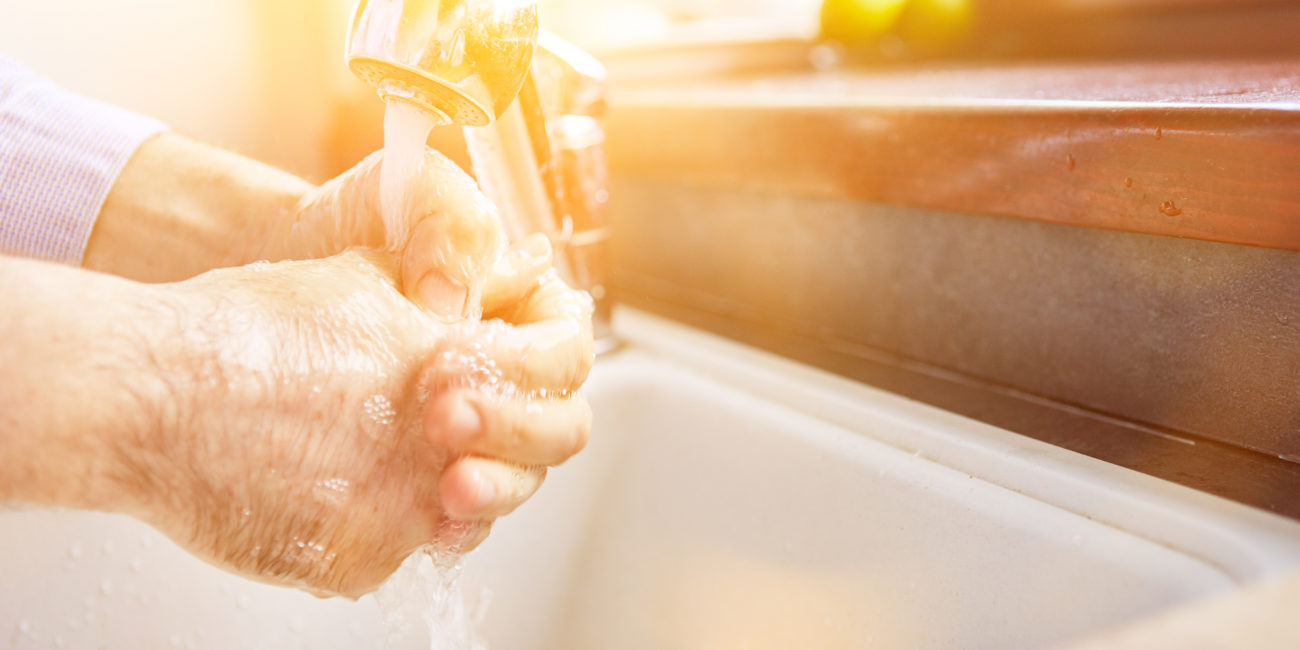
Sanitization & Daily Routines
The first line of defense in keeping a home germ- and disease-free is a thorough cleaning schedule.
- Break down cleaning tasks that may need to be completed daily, weekly, and monthly. High-touch surfaces like counters, faucets, dishes, and remotes should be wiped down daily with disinfectant or bleach to keep germs at bay. Chores like vacuuming, dusting, and mopping may only need to be completed weekly.
- Create reminders for completing necessary cleaning tasks
- Consider investing in a hands-free faucet and soap dispenser to promote frequent hand washing.
- Ensure a loved one has access to appropriate personal hygiene supplies and assistive devices necessary to shower and use the toilet daily. Access to a raised toilet seat, shower handles, or a shower chair may be required for them to wash properly. Additionally, an adjustable showerhead will help.
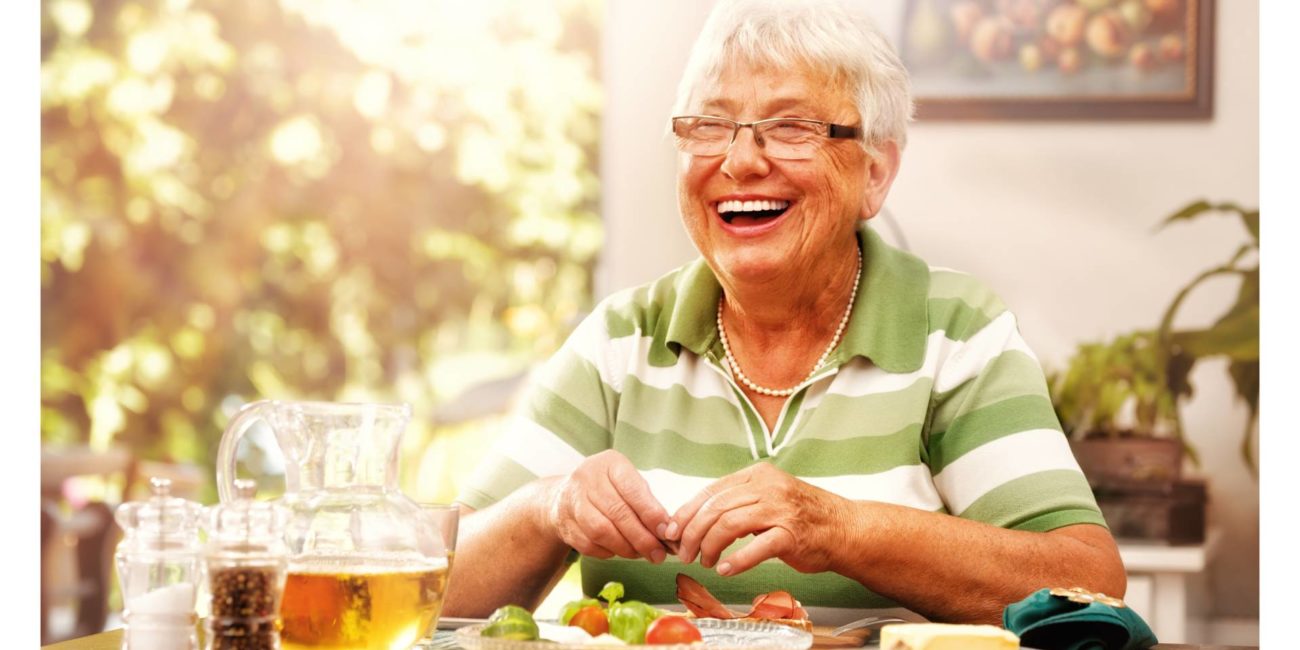
Health Promotion
Our aging parents may need more than just a rigorous cleaning schedule to keep their homes disease-free. Primary prevention efforts such as changes to diet, exercise, and medical care, may be necessary to prevent sickness and ensure they can live a happy and healthy life.
- Schedule appropriate immunizations every year.
- Help with grocery shopping and meal preparation to create meals that are nutritious and well-balanced.
- Work to develop an exercise plan they’re excited to begin. Consider involving a variety of activities to keep them interested and engaged.
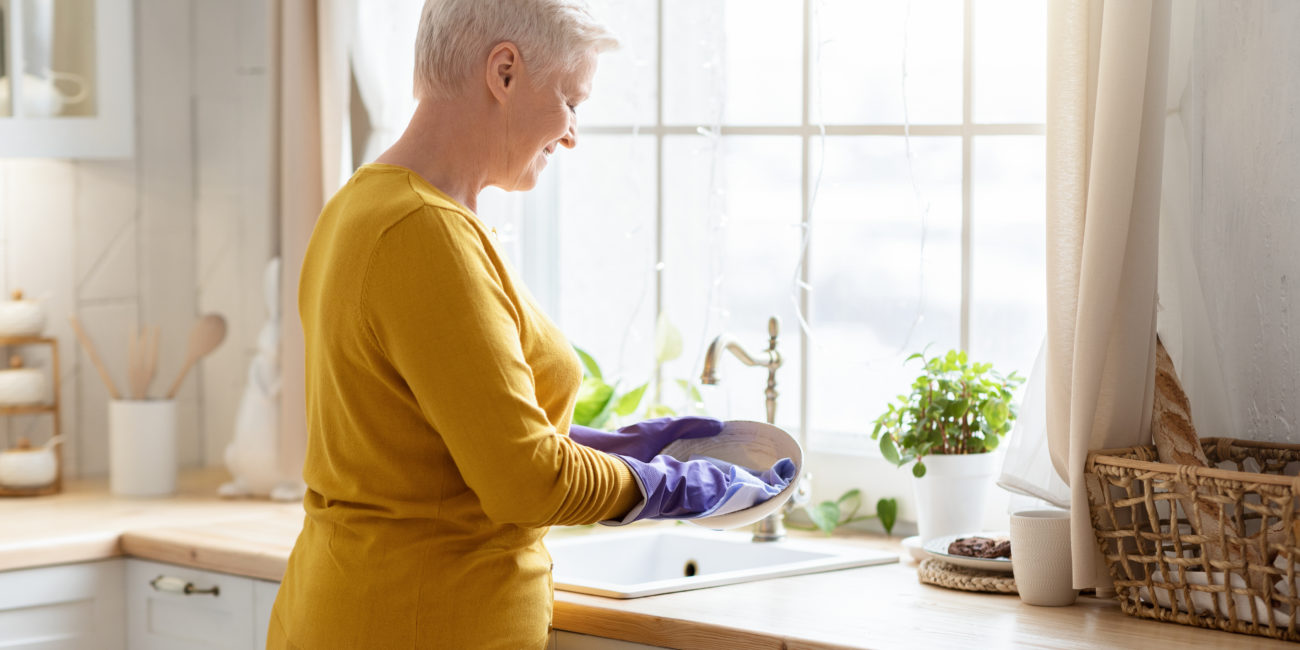
Keeping Germs at Bay
The best way to keep disease out of the home is to avoid bringing it in in the first place. We should avoid visiting an aging relatives home if we are sick to prevent infecting them. Instead, try keeping them connected to others through the following:
- Send over a healthy friend or family member to spend some quality time.
- Reach out by phone, text message, or video chat. Ensure they have the resources to reach out to you, too. A large button phone may assist with this.
- Connect them with opportunities to engage safely with others through online volunteering and workouts.
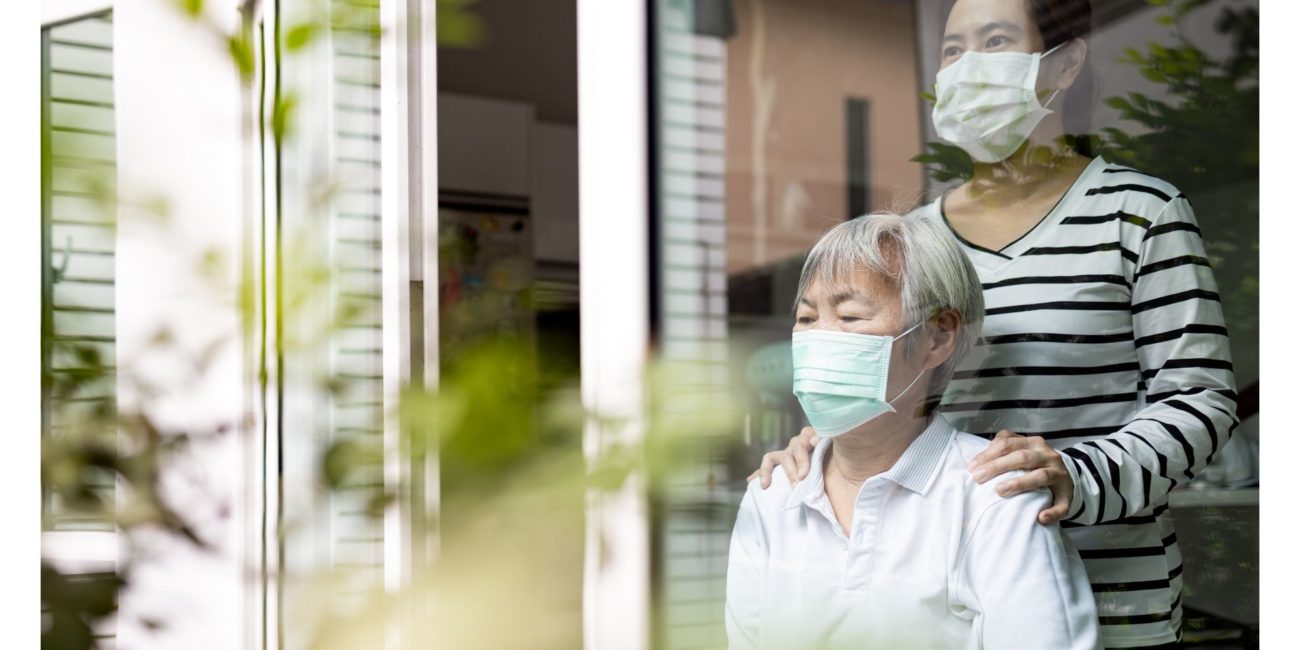
Emergency Preparedness
If disaster strikes, the best way we can help our loved ones is by giving them the skills and tools they need to remain independent in their home. We can make a plan for what to do in an emergency, and we can ensure they know of all appropriate community contacts and resources. Ask the following:
- Do they have a supply of clean drinking water?
- Is there enough food in the house to last 3-6 days? Do they have the tools they need to prepare this food, such as an easy to use can opener or a bottle/lid opener?
- Do they have a first aid kit in the home? An ample supply of their medications?
- Do they have a list of their conditions, drugs, and allergies if emergency medical responders need to come to the home?
- Are there flashlights or lanterns available in every room? What about batteries to operate them?
- Will they have access to all the appropriate hygiene supplies to get them through this time?



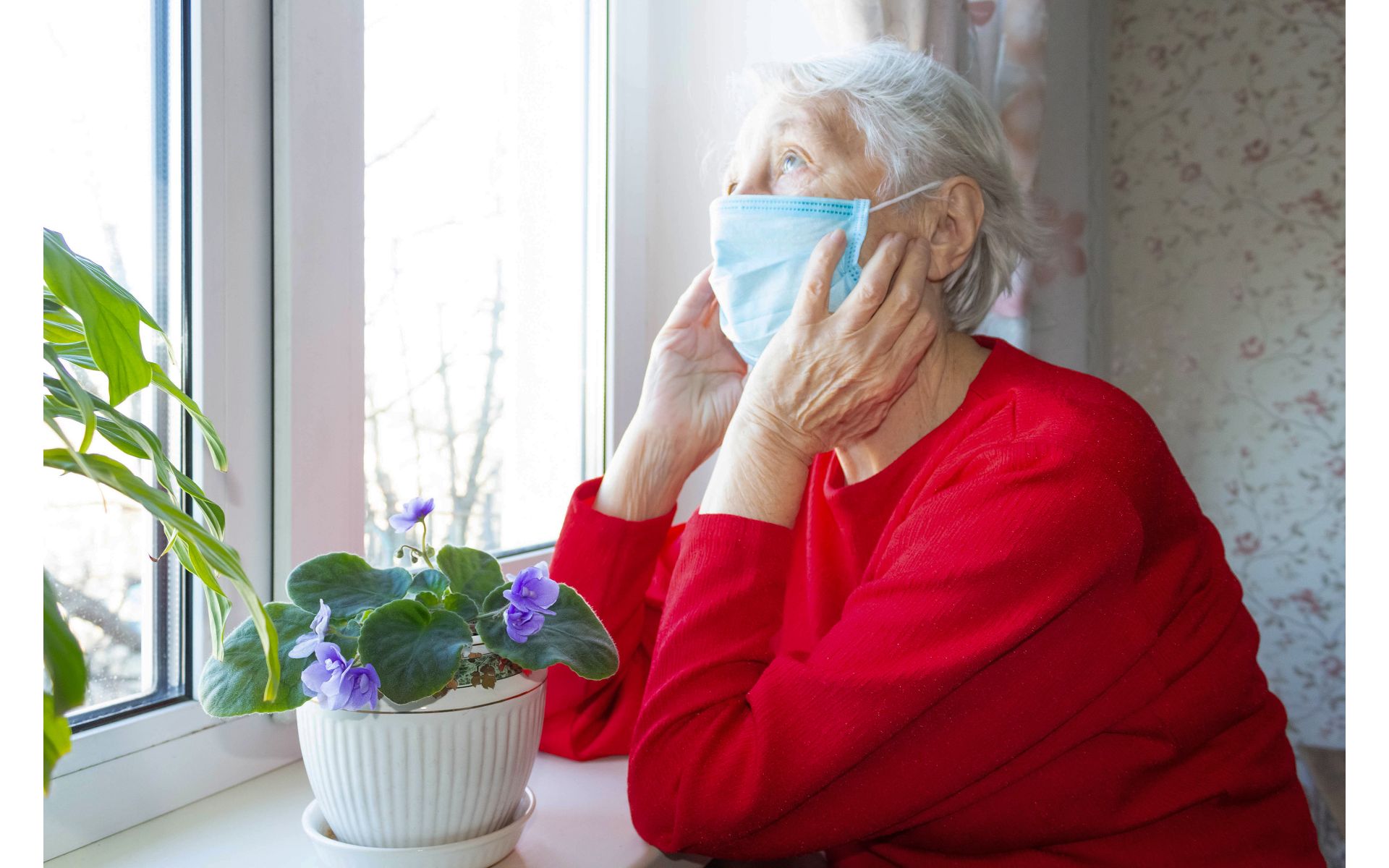
Leave a Reply